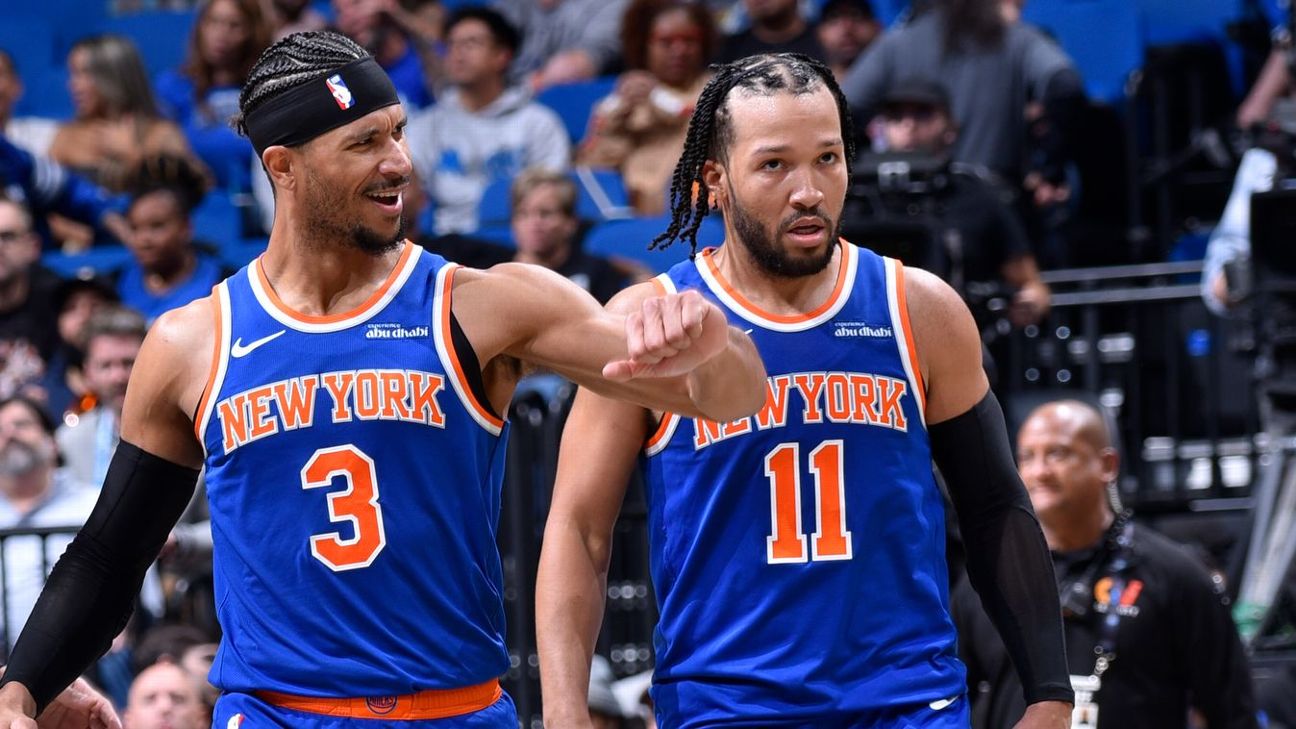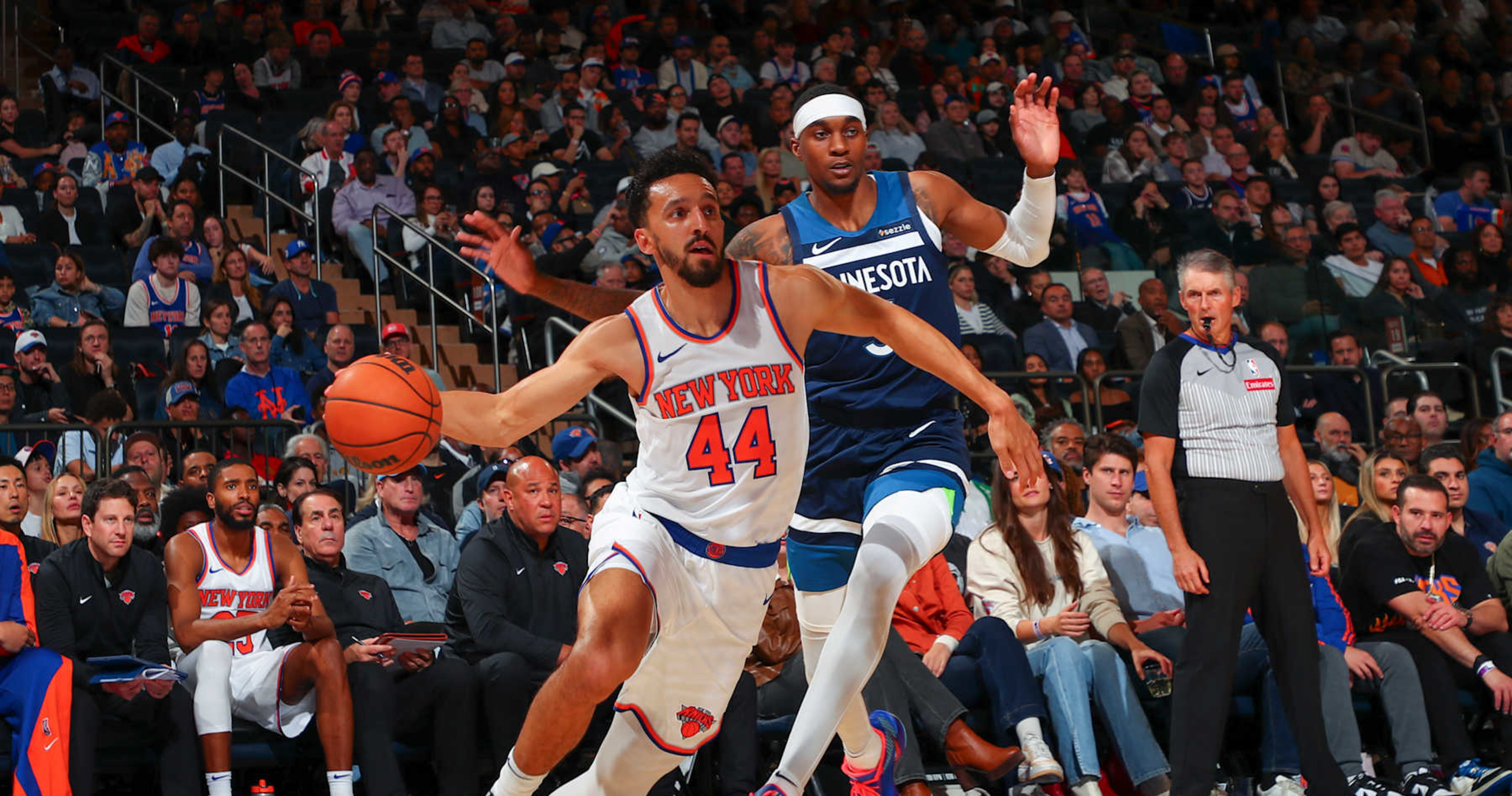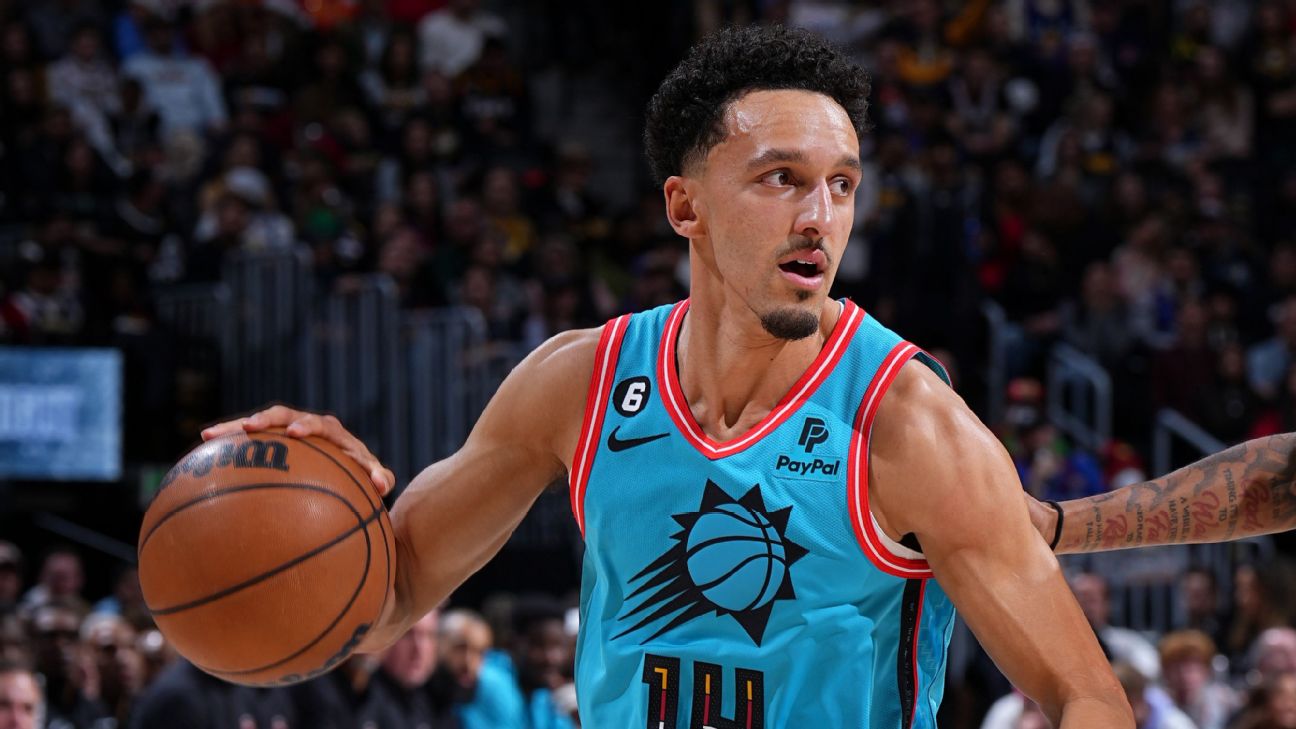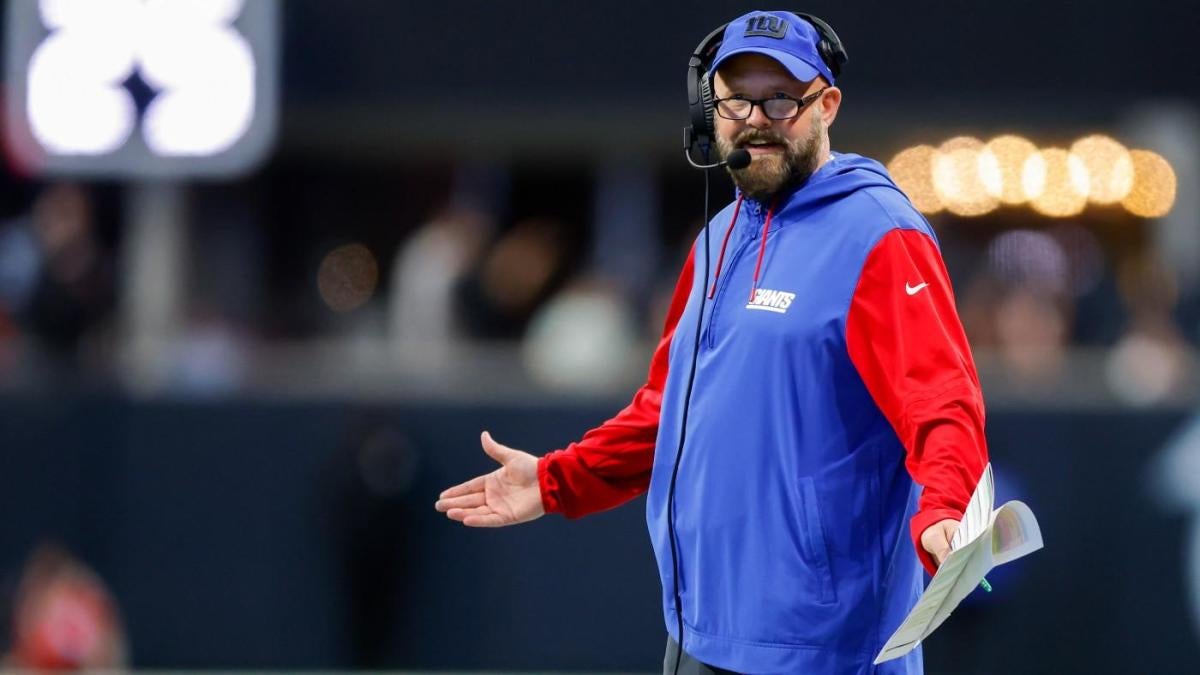Sports
Rewarding extra wild-card spots does more good than bad for sports playoffs

I get the sentiment. I do. I also agree with it, to a point. Playoffs are watered down in all sports. There are so many available spots, it often feels like the regular season is just an extended exhibition schedule.
A lot of baseball fans still pine for the way things were from 1903-68, when you had two leagues (eight teams each at first, then 10) and only first-place finishers, two of them, were welcome in the World Series. And they’ll usually concede it was also OK when the leagues were split into two divisions — from 1969-93, same rules: first place only.
Fewer football fans feel the same nostalgia about the way the NFL (and AFL) used to just pair the champions of the East with the champions of the West. But there’s also less argument because pro football introduced wild cards as early as the 1969 AFL season. The NFL has had wild cards longer than it didn’t.
Here’s the thing, though:
Wild cards are a genuine salvation. Sure, it was fun in the old days when your team simply had one of those years, won 102 and coasted to the Series. And sure, it was even more fun when you’d go down to the wire and edge a foe out on the last day of the season. Books are written about such teams. Movies are made.
But the overwhelming majority of teams from 1903-93 had the exact opposite experience. Playing out the string from June 1 is a rough sentence for any fan, let alone for the teams actually playing out the string.
Our baseball season in New York offers the two best examples of why the wild card works.
On the one hand, you have the Mets, who in prior seasons would’ve been toast when they were 11 games under .500 and 18 games behind the Phillies. Toast in May is the worst kind of toast. And you can say all you want about the folly of the Mets and Braves, at present, dancing this weird dance of shared incompetence, but the fact is they’re both playing meaningful games. That’s a good thing.
The Yankees? Look, they may wind up winning the East (and I think they will), but the fact is the Orioles are plenty good enough to beat them there. And if they do, and do because they won 101 games instead of 100, it’s hard to argue that the Yankees don’t belong in the playoffs. The winningest team of the Casey Stengel era was 1954. They won 103. They finished eight games behind Cleveland. Is that right? I bet the members of the ’54 Yankees might argue otherwise.
The other sports have always had what amounts to open-door policies when it comes to wild cards. Hell, the NHL once allowed 16 out of 21 teams into the playoffs which was, admittedly, a bit extreme.
But I remember what turned out to be the first spark of what became the great Knicks renaissance of the ’90s. That was 1987-88, Rick Pitino’s first year as coach. Early, that team was every bit as awful as the three that had preceded it, bottoming at 14-28. They were still a less-than-braggable 37-44 entering the season’s last game but … remarkably, they found themselves in Game 82 with a Pacers team that was 38-43. The tiebreaker meant this was a win-and-in. The Knicks won an 88-86 thriller at Market Square Arena, made the playoffs, even took a game off the Bird-McHale-Parish Celtics once they got there.
Maybe it’s absurd to think of a team playing .463 ball over a full season as a playoff team, but for a whole generation of Knicks fans, that finale was one of the few truly essential games in 15 years. It mattered, believe me.
For the record, here’s a list of teams that would’ve been denied the opportunity to win the title they won if they’d also been required to finish in first place:
The 1973 Knicks.
The 1980 Islanders.
The 1983 Islanders.
The 2007 Giants.
And you can’t tell me the tapestry of New York sports would’ve been better without the banners for all of those teams being hung, or that they mean any less to fans who rejoiced in those runs. For kicks, here’s four more teams who never got a shot because they weren’t able to utilize a wild card.
The 1942 Dodgers (104-50).
The 1954 Yankees (103-51).
The 1970 Giants (9-5).
The 1985 Mets (98-64).
I for one would love to see the playoff games those teams weren’t allowed to play.
Vac’s Whacks
I go back to a question my pal Joel Sherman and I used to ask each other a lot in the bad old days of the Wilpon Mets: When it came to the decision to have Hawk Tuah Girl throw out the first pitch Thursday afternoon in front of 15,000 camp kids, what in the world was their second choice?
Our old friend Ian O’Connor has done it once again with “Out of the Darkness,” his book about Aaron Rodgers, which is everything you would expect from a gifted reporter and storyteller, and sheds as much light on the enigma that is Rodgers as could ever possibly be shed. Just a terrific read.
Now this is cool: Sunday night, ESPN’s “KidsCast,” an alternate presentation of the Little League World Series featuring an all-youth broadcast team, will air on ESPN2. One of the broadcasters: Thomas Gamba, a rising junior at Chaminade High (full disclosure: Go Flyers!) will be among the voices. He’s spent time at the Bruce Beck Sports Broadcasting Camp and the Chaminade broadcasting program, directed by ex-Postie Pat Reichart.
Whack Back at Vac
Bill Dancosse: With the talk about starting pitchers and a six-inning rule, I think back to the ’60s: A manager would’ve been taking his life in his hands coming out to pull Bob Gibson in the sixth inning of a two-hit shutout because he’d thrown 100 pitches. That alone would have been worth the price of a ticket.
Vac: Gibby and Drysdale and Marichal and Seaver were just breaking a sweat at 100 pitches.
Tom Crehan: Regarding Pete Alonso: The Mets haven’t won anything yet with him, so they also still can win nothing without him.
Vac: The replies I received were 80-20 landing between ambivalence and “let him go.” Wholly unscientific, but food for thought.
@Dave_in_718: A mention of the 1962 Mets makes people smile. The 2024 White Sox are just a bad team with no personality and definitely no Casey Stengel at the helm.
@MikeVacc: And Marvelous Miguel Vargas just doesn’t have the same ring to it.
Richard Siegelman: Aaron Judge hit 300 home runs in his first 3,431 at bats. That extrapolates to a) 800 in his first 9,150 at-bats (66 other players did); and b) 900 in his first 10,294 at-bats (24 players have reached that).
Vac: I just wish he was a couple of years younger. I fear he’ll simply run out of time. But I’d love to be wrong.









